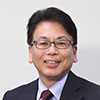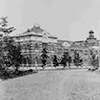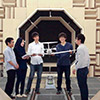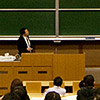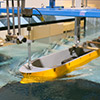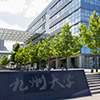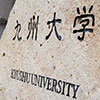Educational Aims
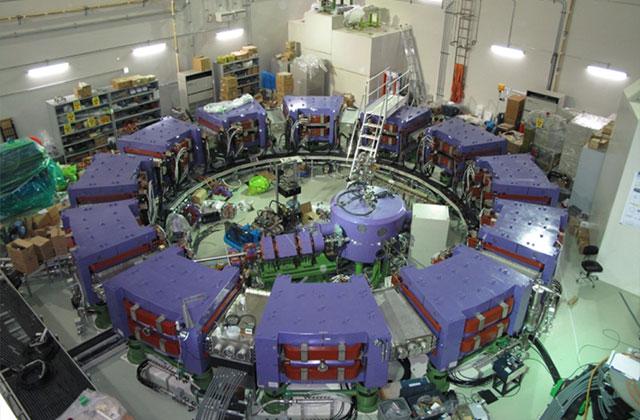 Since global energy and environmental problems occur as the result of complex interactions of various phenomena, solutions require the integration of many areas of expertise and the exploration of new areas of science and technology. The philosophy of the Department of Applied Quantum Physics and Nuclear Engineering in the Graduate School of Engineering is to address these problems using broad-based and long-term perspectives, and to cultivate engineers and researchers who aspire to explore new areas of science and technology. By studying various phenomena related to energy and the environment in a microscopic manner, using the basis of quantum theory, and by conducting basic research and providing education to pursue theories that connect microscopic phenomena and macroscopic characteristics from both micro- and macroscopic approaches, we produce students who can provide broad-ranging and multidimensional thinking, flexibility and a global mindset. Education is provided with a particular emphasis on the study of nuclear energy utilization and other types of new energy; the principles of generation, measurement and use of quantum beams; advanced materials for energy use and the conservation of the environment; and physical properties and formation mechanisms of various smart materials and complex systems.
Since global energy and environmental problems occur as the result of complex interactions of various phenomena, solutions require the integration of many areas of expertise and the exploration of new areas of science and technology. The philosophy of the Department of Applied Quantum Physics and Nuclear Engineering in the Graduate School of Engineering is to address these problems using broad-based and long-term perspectives, and to cultivate engineers and researchers who aspire to explore new areas of science and technology. By studying various phenomena related to energy and the environment in a microscopic manner, using the basis of quantum theory, and by conducting basic research and providing education to pursue theories that connect microscopic phenomena and macroscopic characteristics from both micro- and macroscopic approaches, we produce students who can provide broad-ranging and multidimensional thinking, flexibility and a global mindset. Education is provided with a particular emphasis on the study of nuclear energy utilization and other types of new energy; the principles of generation, measurement and use of quantum beams; advanced materials for energy use and the conservation of the environment; and physical properties and formation mechanisms of various smart materials and complex systems.
Admission Policy
Although Japan has become one of the most advanced industrial nations in the world, two serious problems have arisen as by-products. One is an energy problem. We are among the world's leading consumers of energy, most of which comes from imported oil. Nuclear energy is currently the most promising alternative to oil. The other by-product is our environmental problem. Japan's rapid industrial growth has resulted in serious pollution problems. To solve these critical social problems, engineers and researchers who have an interdisciplinary knowledge encompassing various areas of science and technology can play indispensable roles. The Department of Applied Quantum Physics and Nuclear Engineering in the Graduate School of Engineering offers four main courses - Nuclear Energy Systems, Applied Nuclear Physics, Quantum Science and Materials, and Applied Physics - to provide education and research opportunities aimed at developing individuals who can solve these problems by bringing a multilateral perspective.
Overview
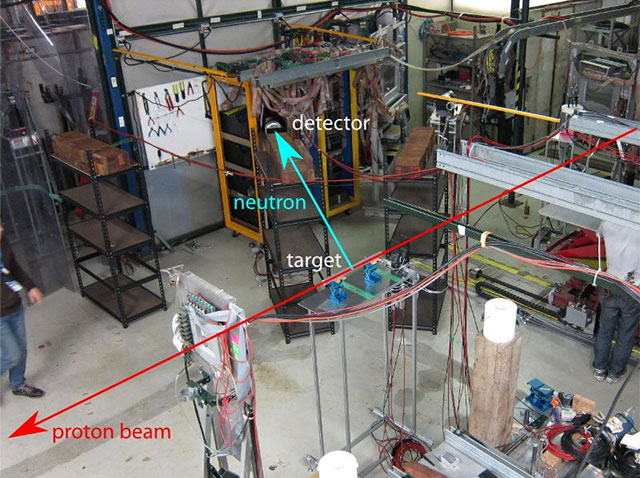
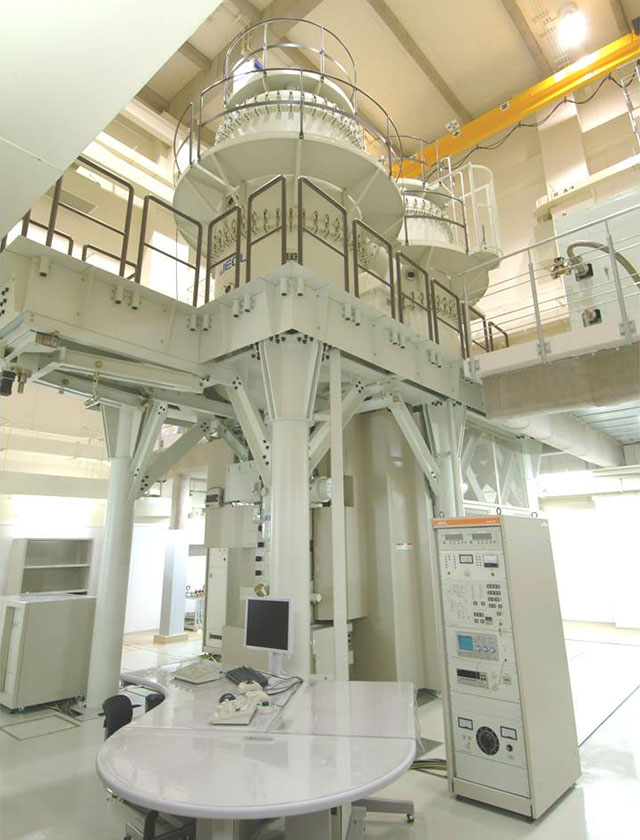
A quantum is the minimum amount of any physical entity described by discrete values. It is a basic and universal concept that dominates the behavior of the fundamental constituents of matter - atoms, electrons, atomic nuclei and elementary particles. Quantum theory is a relatively new area of study for which Planck formed a hypothesis in the early 20th century, and which Einstein, Bohr, Heisenberg and other scientists have further pursued. The Department of Applied Quantum Physics and Nuclear Engineering in the Graduate School of Engineering addresses global energy and environmental problems from the fundamental and universal quantum viewpoint to find engineering solutions.
Since global energy and environmental problems occur as the result of complex interactions of various phenomena, solutions require the integration of many areas of expertise and the exploration of new areas of science and technology. The philosophy of this department is to challenge these problems from broad and long-term perspectives, and to cultivate engineers and researchers who aspire to explore new areas of science and technology. Based on this philosophy, we provide education and research opportunities in nuclear energy engineering, quantum beam engineering, environmental engineering and advanced physics. By studying various phenomena related to energy and the environment in a microscopic manner using the basis of quantum theory, and by conducting basic research and providing education to pursue theories that connect microscopic phenomena and macroscopic characteristics from both micro- and macroscopic approaches, we produce students who can provide broad-ranging and multidimensional thinking, flexibility and a global mindset.
Researches
- Applied Nuclear Physics
- Nuclear Energy Systems
- Quantum Sciences of Materials
- Applied Physics

